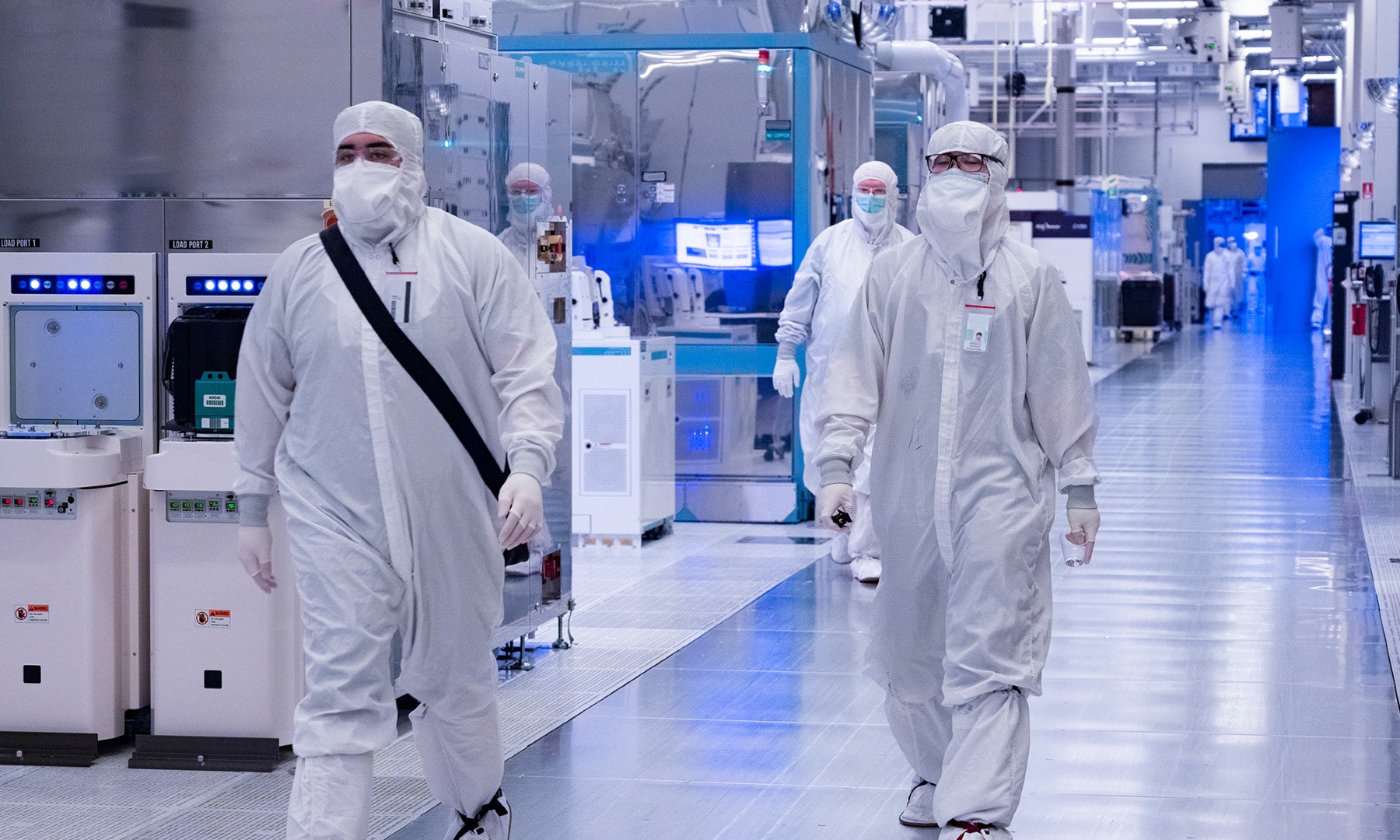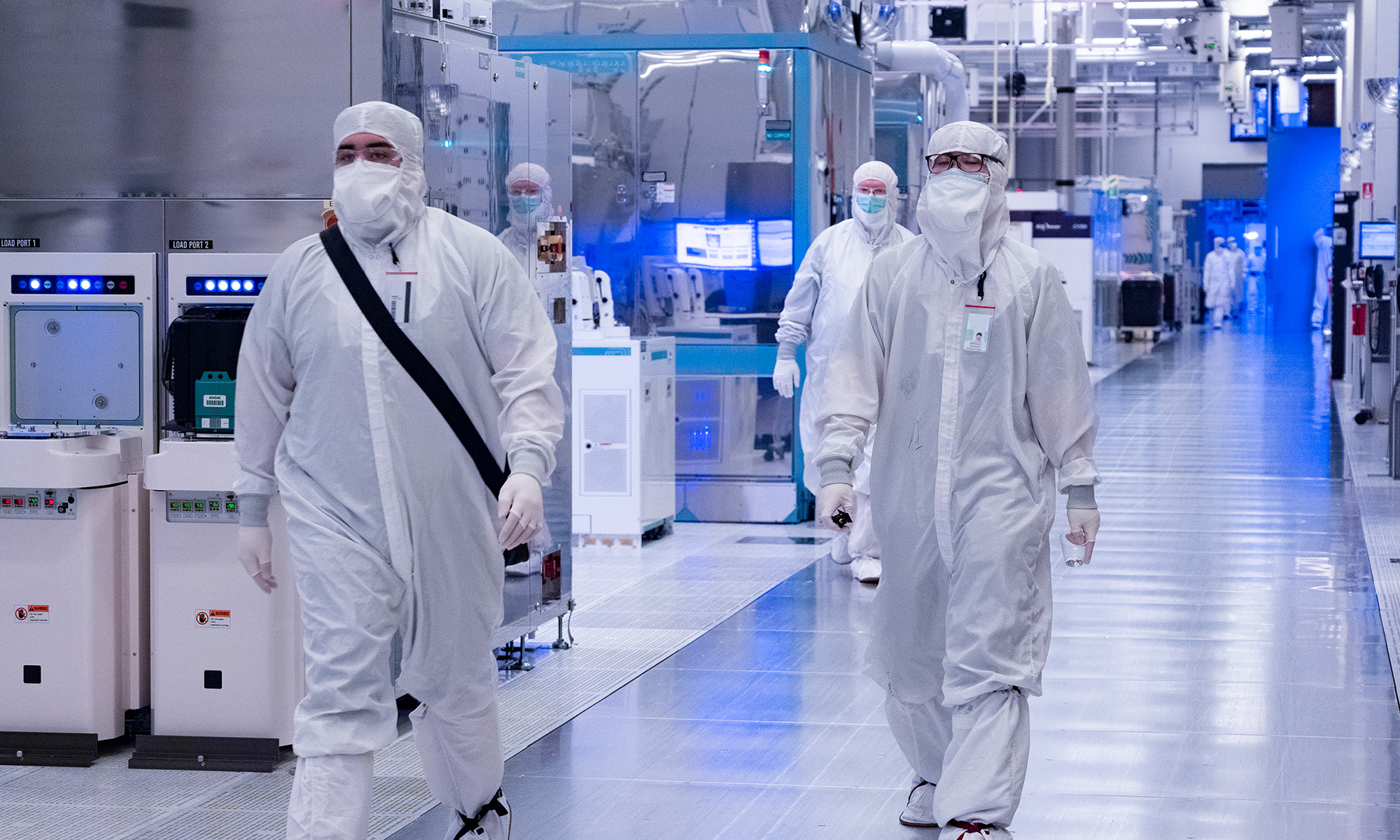The tech sector is a ripe field to till for market-beating investments. What some investors may not realize is that some of the leading companies that are selling chips in exciting growth areas, such as smart-home products, cars, and data centers, also possess qualities that income seekers should love.
Cypress Semiconductor (CY +0.00%), Texas Instruments (TXN +1.34%), and Intel (INTC +2.25%) make essential technologies for a more connected world. These companies are well positioned for future growth, generate consistent free cash flow, and pay out above-average dividend yields.

IMAGE SOURCE: GETTY IMAGES.
A dividend-paying IoT stock
If you're looking for a tech investment that gives you exposure to the massive growth opportunity of connected cars, smart-home devices, and the Internet of Things (IoT) and also sends some moola your way, Cypress Semiconductor may fit the bill.
Cypress is a leading supplier of WiFi/Bluetooth combos, TrueTouch touchscreen controllers, and USB controllers. These products are seeing rising demand in the automotive, industrial, and consumer electronics markets. As CEO Hassane El-Khoury said on the first-quarter conference call, "everything will become smart, secure, and connected," and Cypress should benefit.
Not only is Cypress positioned well for these megatrends, but it also is a well-managed company. Consistent with the Cypress 3.0 plan introduced in 2016, management has exited low-margin businesses (NAND memory) while funneling more resources to automotive and IoT, which offer better growth and profitability. Over the last three years, Cypress' revenue climbed 29%, and adjusted gross margin improved from 40.1% to 47.8% through the end of 2018.
The company hit a speed bump recently with slowing economic growth in China. But that doesn't change the trajectory of the long-term trend of everything becoming more connected. The good news for income seekers is that Cypress dishes out around a third of its free cash flow to shareholders in the form of dividends every year. Its current dividend yield is a generous 2.78%, and Cypress has paid a dividend every year since 2011.
The old veteran has fresh legs
Texas Instruments might be the most dividend-friendly stock in the tech sector. The company makes embedded and analog processors that do many different things, such as convert and amplify signals, manage power, process data, and many other computing tasks. The company has seen strong demand in recent years from the automotive and industrial markets, which make up 56% of total revenue. Over the last five years, free cash flow has risen by 87%, and all of it has been distributed to shareholders in the form of dividends and share repurchases.
Like Cypress, TI experienced slowing sales growth in the last few quarters, but the long-term trends of increasing chip content per car are expected to drive rising demand for TI's chips. Moreover, the famous calculator brand excels at controlling costs and finding ways to convert more revenue into free cash flow. This was on full display over the last year, as revenue rose just 1.5% while free cash flow improved 22% year over year.
TI has increased its dividend for 15 years in a row. Over the last year, the company paid out 45% of its free cash flow as dividends, and the stock currently offers investors an above-average dividend yield of 2.66%.
A cash-gushing chip giant
Intel is evolving from a PC-focused company to a data-focused one. Big data is where the opportunity is these days, but the transition hasn't been easy for Intel. The first quarter showed data-centric revenue declining 5% year over year as cloud companies work through the excess capacity they purchased last year. Intel has also been fighting off longtime rival Advanced Micro Devices, which has taken market share from Intel in the data center space while Intel has dealt with delays in shipping its 10-nanometer chip.
The stock dropped hard following the first-quarter earnings report. Even though Intel beat its own guidance, market participants didn't like management's outlook, which calls for revenue to fall 2.5% this year due to China headwinds, lower pricing in flash memory products, and the weak demand in the data center segment.
However, the company sees demand in the second half of 2019 picking up. Management expects to begin shipping its new 10-nanometer chip in the second quarter, while the 10-nanometer version for servers is planned for 2020.
After the bruises taken in the first quarter, it might take a while for investors to warm up to Intel again. But investors with a long-term mindset can get paid while they wait with Intel's generous dividend yield.
Intel generated $12.5 billion in free cash flow over the last year, which it can use to invest in innovative new products, such as super-powerful chips for self-driving cars (Mobileye), and still have plenty of dough left over for dividends. Intel distributed 44% of its free cash flow in dividends over the last year -- that puts the dividend yield at 2.66%. To sweeten the deal, the stock is potentially undervalued right now at a forward P/E of just 10.5 times this year's earnings estimates.






